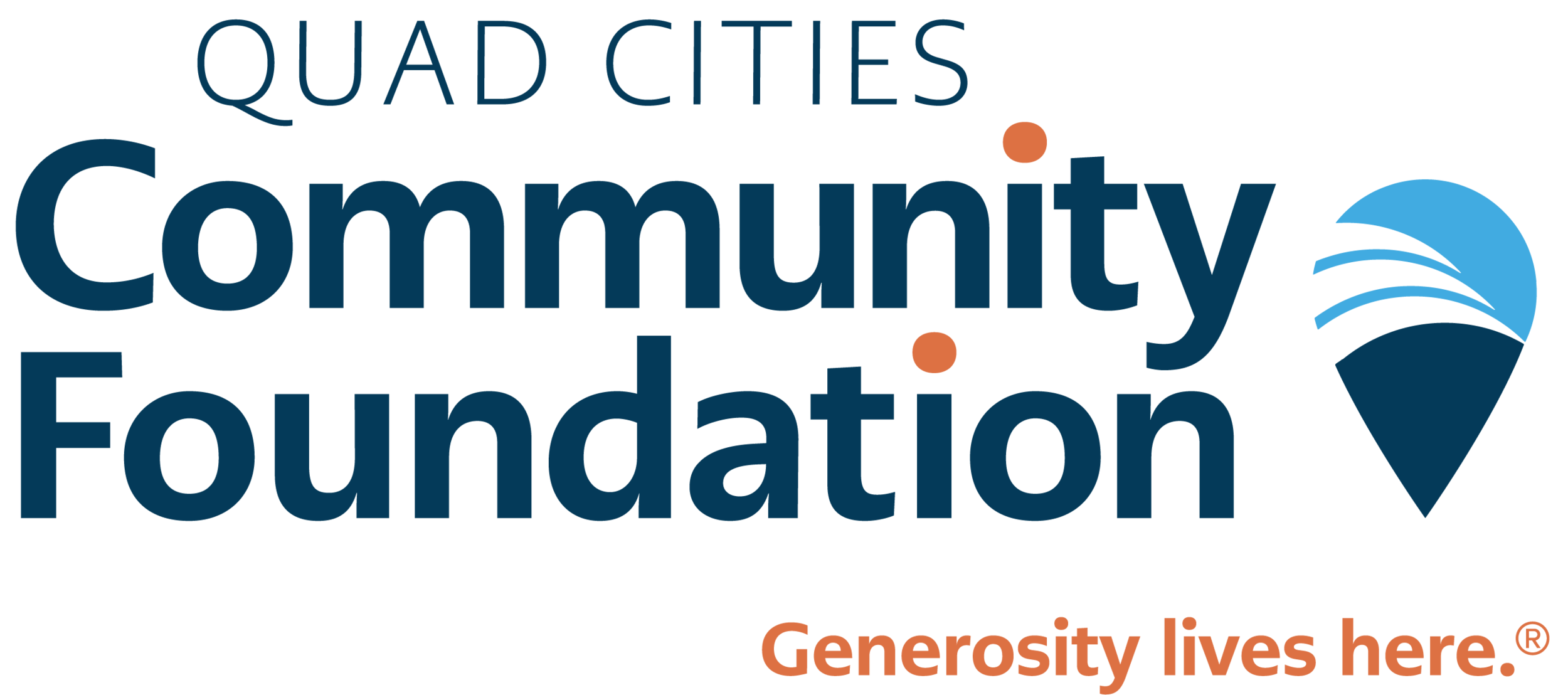Quad Cities Community Foundation awards second $100,000 Transformation Grant this year to support creation of youth suicide and self-harm support program
There’s a gap in the system when it comes to supporting families struggling with youth mental health issues. A $100,000 Transformation Grant from the Quad Cities Community Foundation will help fill it, according to Christine Gradert, director of child and adolescent services at UnityPoint Health—Robert Young Center.
The Robert Young Center has been granted $100,000 to create a Youth Suicide and Self-Harm Support Program for youth, families, schools, and community groups. The program will raise awareness, offer therapy groups to children and adolescents, and support groups to parents.
The grant from the Community Foundation also helped the Center secure $50,000 in additional support for the program from Telligen Community Initiative (TCI), a private, nonprofit foundation originated by Telligen, Inc. The project was one of only 20 grants selected for TCI’s 2018 Iowa and Illinois funding. TCI received more than 234 grant requests for the grant cycle, awarding a cumulative total of $920,259 to support health-focused nonprofit organizations located in Illinois and Iowa.
Sherry Ristau, president and CEO at the Community Foundation, said the board of directors awarded this second Transformation Grant this year to support the critical work the Robert Young Center is doing to address mental health. In October, the Child Abuse Council was awarded a $100,000 Transformation Grant to support a new Healthy Families Home Visitation and Doula Program.
“This mental health program supports such a wide base of the community, from the families to the educational systems, to the health and medical fields,” Ristau said. “The Robert Young Center is doing incredible work to support one of the most vulnerable groups of our population—our children. This work will go a long way to keep them safe and healthy and reach their full potential.”
Often, when youth express suicidal thoughts or demonstrate self-harming behaviors they are brought to the hospital emergency department for assessment, Gradert explained. Some are admitted for inpatient care and some are directed to community based services. “This program will build additional support for youth and their families,” Gradert reported.
According to the Center for Disease Control, suicide is the second leading cause of death between the ages of 10 and 24. More teenagers and young adults die from suicide than from cancer, heart disease, birth defects, stroke, pneumonia, influenza, and chronic lung disease, combined.
The program model was developed on the Robert Young Center philosophy that children and families thrive when they have access to prevention and intervention of the right services, at the right time, and in the least restrictive environment. Gradert said services will be offered on both sides of the river and will go a long way in supporting families.
“Without the Transformation Grant, we wouldn’t have been able to launch this new service” she said.
Transformation Grants are the largest single grant awarded through the Quad Cities Community Foundation’s Community Impact Fund each year. The foundation awarded its first Transformation Grant in 2015. Ristau said the grants are an example of the far-reaching effects of philanthropy. “These grants bring people together to address critical needs in the community and those solutions have a ripple effect on the rest of the community indefinitely,” Ristau said.
The funds come from the Community Impact Fund, which is a permanently endowed fund supported by more than 100 donors who have made unrestricted gifts totaling nearly $13.5 million. The endowment empowers the Community Foundation to making transformational investments in the community.
